What is bullying?
This is the Anti-Bullying Alliance's definition of bullying:
The repetitive, intentional hurting of one person or group by another person or group, where the relationship involves an imbalance of power.
Bullying is often aimed at certain people because of their race, religion, gender, sexual orientation or any other aspect such as appearance or disability.
Bullying can take many forms including:
- Physical – for example: pushing, poking, kicking, hitting, biting, pinching
- Verbal – for example: name-calling, sarcasm, spreading rumours, threats, teasing, belittling.
- Emotional – for examples: isolating others, tormenting, hiding books, threatening gestures, ridicule, humiliation, intimidating, excluding, manipulation and coercion.
- Sexual – for example: unwanted physical contact, inappropriate touching, abusive comments, homophobic abuse, exposure to inappropriate films
- Online/cyber – for example: posting on social media, sharing photos, sending nasty text messages, social exclusion
Unfortunately, people can fall out. People may have been friends for years, or just a few days – but something can happen which means they decide they no longer want to be friends.
Making friends, falling out, and perhaps making up again is a normal part of relationships. But, that doesn’t for one moment mean that it’s not difficult or upsetting for everyone involved.
Not all friendship fallouts are bullying – sometimes adults use the term ‘relational conflict’.
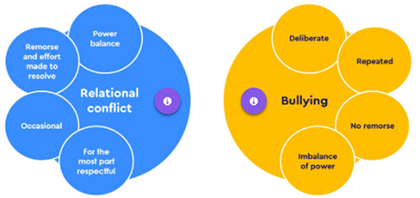
How to respond to bullying
If you are being bullied
If you feel able to, please confide in someone you trust. You can ask a friend to come with you to speak to an adult you trust so you do not feel alone. Don't be tempted to respond to any bullying or hit back because you could get hurt or get into trouble.
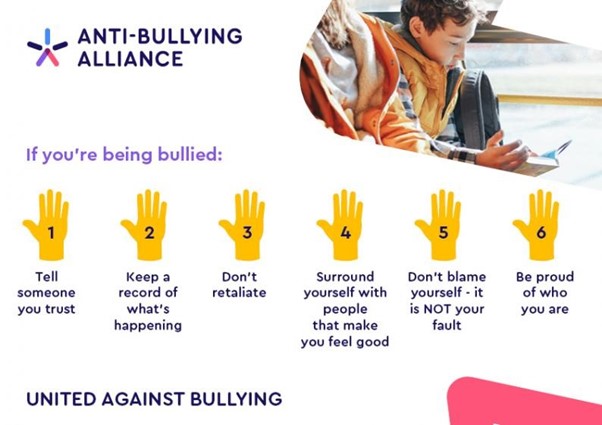
- Bullying and cyberbullying
- Bullying on social media
- Discrimination, hate crime and equality
- Homophobic and transphobic bullying
- Faith and religious bullying
- Racism and racial bullying
- Being bullied because you're deaf
If you see someone being bullied
If you’re worried about a friend who’s experiencing bullying behaviour, it can be very worrying and difficult to know what to do. Here are some top tips from the Diana Award:
- You can't promise to keep a secret
- Let them know you are there to listen
- Encourage them to speak to a trusted adult at school
- Encourage them to screenshot/report/block
- Encourage them to speak to a trusted adult at home
- Encourage your friend to keep a diary of events
- Signpost support
- Reflect on how you're feeling
- Tell them how awesome they are
If you are bullying
Bullying someone else isn’t okay. But if you’re doing it and want to stop, these are the things that Childline recommends that you do:
- Recognise that what you're doing is bullying
- Delete and don’t send any more posts or messages
- Don’t stay on group chats or pages
- Say sorry
- Encourage others to stop bullying too
- Try asking an adult for help if you're struggling with difficult feelings.



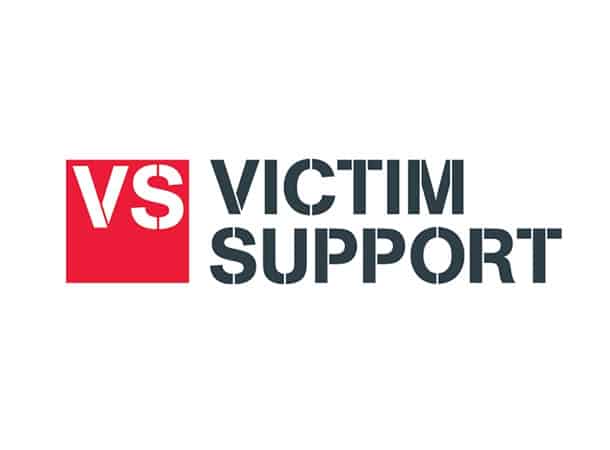
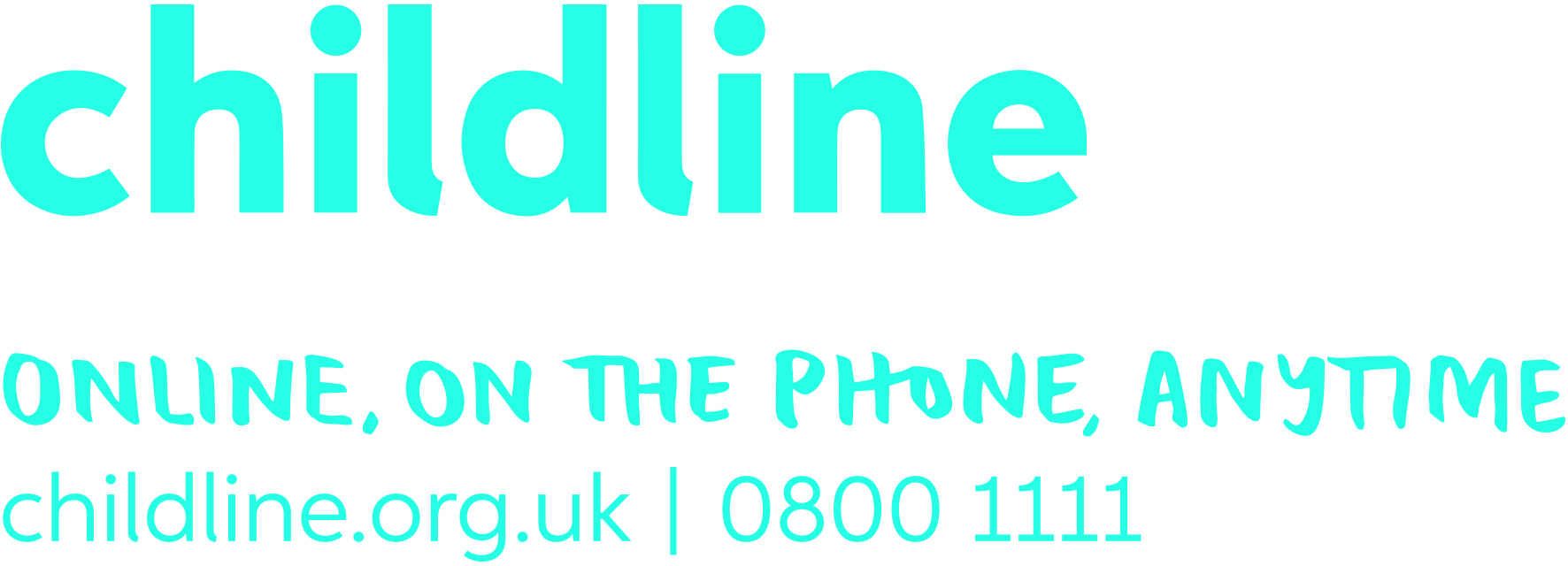


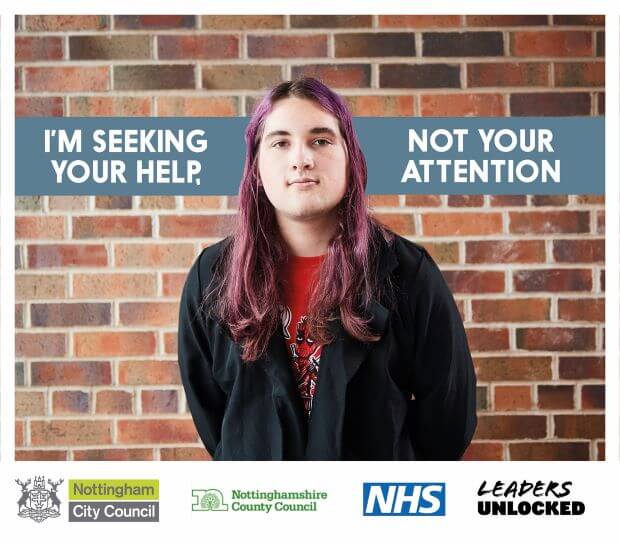


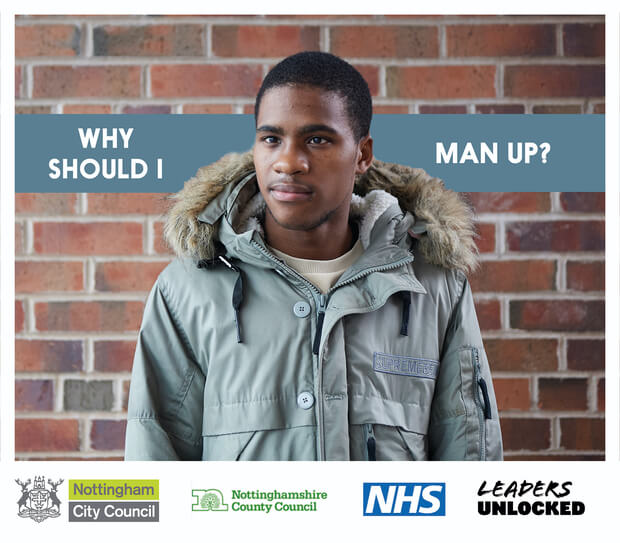
You Are #NOTTALONE
Follow us on social media and continue the conversation